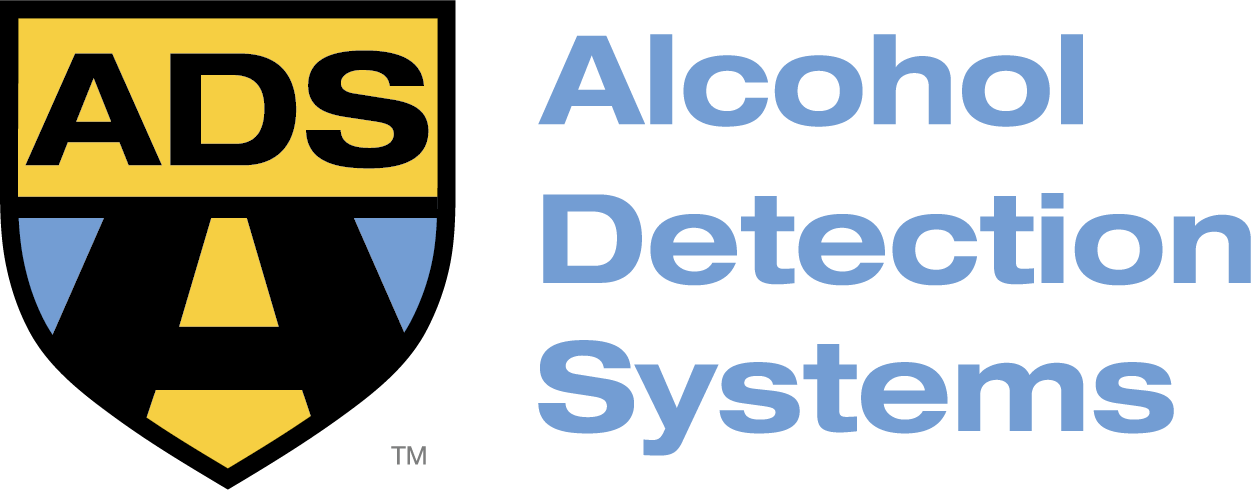
Arkansas State Laws and IID Requirements
Arkansas has two terms for drunk driving, driving under the influence or DUI and driving while intoxicated or DWI. Each offense has a variety of associated penalties, including license suspension for at least six months. There are often additional penalties like fines and possible community service or jail time, depending on the severity and circumstances of the incident. If they are eligible, some offenders may be able to regain driving privileges if they install an ignition interlock device from an approved provider.
Ignition Interlock Guide for Arkansas
Arkansas allows some offenders to regain their driving privileges by installing an ignition interlock device. The devices prevent drunk driving by requiring a Breath Alcohol Content (BrAC) test before driving. They must pass in order to start the car. Installing an IID from an approved provider is just one of many criteria Arkansas offenders must meet to get back on the road.
What are the Penalties for a DUI in Arkansas?
First DUI Offense
- 24 hours to 10 days in jail
- Up to $250 in fines
- License suspended for 90 days to one year - a 30-day temporary driving permit is issued in place of the suspended license
- Offenders can request a SIIRDL (Special Ignition Interlock Restricted Driver’s License) if they meet criteria and request one in lieu of suspension, but they must be approved to obtain it.
- Must install an IID to regain driving privileges via a SIIRDL
- If the request for the SIIRDL is granted before sentencing, the offender gets credit for the time they’ve had their interlock installed. This time will count toward sentencing requirements.
Second DUI Offense
- Up to 90 days in jail
- Up to $500 fine
- License suspended for one year
- Must install IID to regain driving privileges, and may need to keep it beyond the suspension period
Third DUI Offense
- Up to four months in jail
- Up to $750 in fines
- License suspended for one year
- May be able to regain driving privileges with an IID
Get a Free Quote! Call 888-786-7384
For offenders under 21 years of age, the penalties are slightly different. The legal limit is lowered to .02 percent for offenders below the legal drinking age. For a first offense, the offender will have a $100-$500 fine and community service and a 90-day license suspension. For a second offense, the penalty increases to a fine of $200-$1,000, 30 days community service, and a one-year driver’s license suspension. For three-time offenders, a $500-$2,000 fine, 60 days of community service, and a driver’s license revocation of three years (or until the offender is 21) are the penalties.
What Happens if I Fail to Complete or Refuse to Submit to a DUI Test in Arkansas?
Penalties still apply even if the BAC is unknown due to a test refusal after a suspected DUI or DWI incident. Penalties for first-time offenders include license suspension for 180 days, a mandatory interlock requirement, and an SR-22 requirement. For repeat offenders, the penalties are similar but the suspension time increases to two years for second offenders and 30 months for third-time offenders.
How Can I Regain Driving Privileges in Arkansas?
Qualified offenders who meet all criteria may be able to get an ignition interlock license, which allows them to get back on the road during the suspension period. The other criteria they must meet include:
- Follow the suspension period for as long as the court requires
- Complete payment of all fines
- Finish treatment program as required
- Install an interlock device from an approved provider
- Obtain SR-22 insurance and show proof of coverage
Drivers who hold a commercial driver’s license are not eligible for an interlock license. Criteria for an interlock license may change depending on the specifics of the incident.
ADS Interlock Devices in AR
ADS is an approved provider in Arkansas, and currently offers 7 locations. To view our expanded network with partner locations, search your city, state or zip code for more locations near you.
What is an Ignition Interlock Device?
Another term for IIDs is car breathalyzers. The devices are installed to prevent drunk driving, and here is how they work:
- Before starting the car, the driver must take a breath alcohol content test and pass
- During most trips, the device will request random retests to make sure the driver remains sober and prevent tampering
How Long is an AR Interlock Device Required?
Arkansas statute will determine the length of time the device is required, although the length may increase due to the circumstances of the offense.
The Cost of Interlock Devices in AR
Offenders pay for the device, which is leased, not purchased outright. ADS offers flexible payment options, and the devices typically cost between $2.50 and $3.50 per day.
Finding an Ignition Interlock Device Installer Near Me AR
With more than 5,000 locations in our partner network, it’s easy to find a location near you for installation. When you visit the service center, the technicians will install your device and show you how it works. They will also provide you with a certificate of installation, which you may need to get your limited license. You will also return to your installation center on a regular basis for device calibration, so keep that in mind when choosing where to go.
Readers of this website should contact their attorney to obtain advice with respect to any particular legal matter. Only your individual attorney can provide assurances that the information contained herein – and your interpretation of it – is applicable or appropriate to your particular situation.

